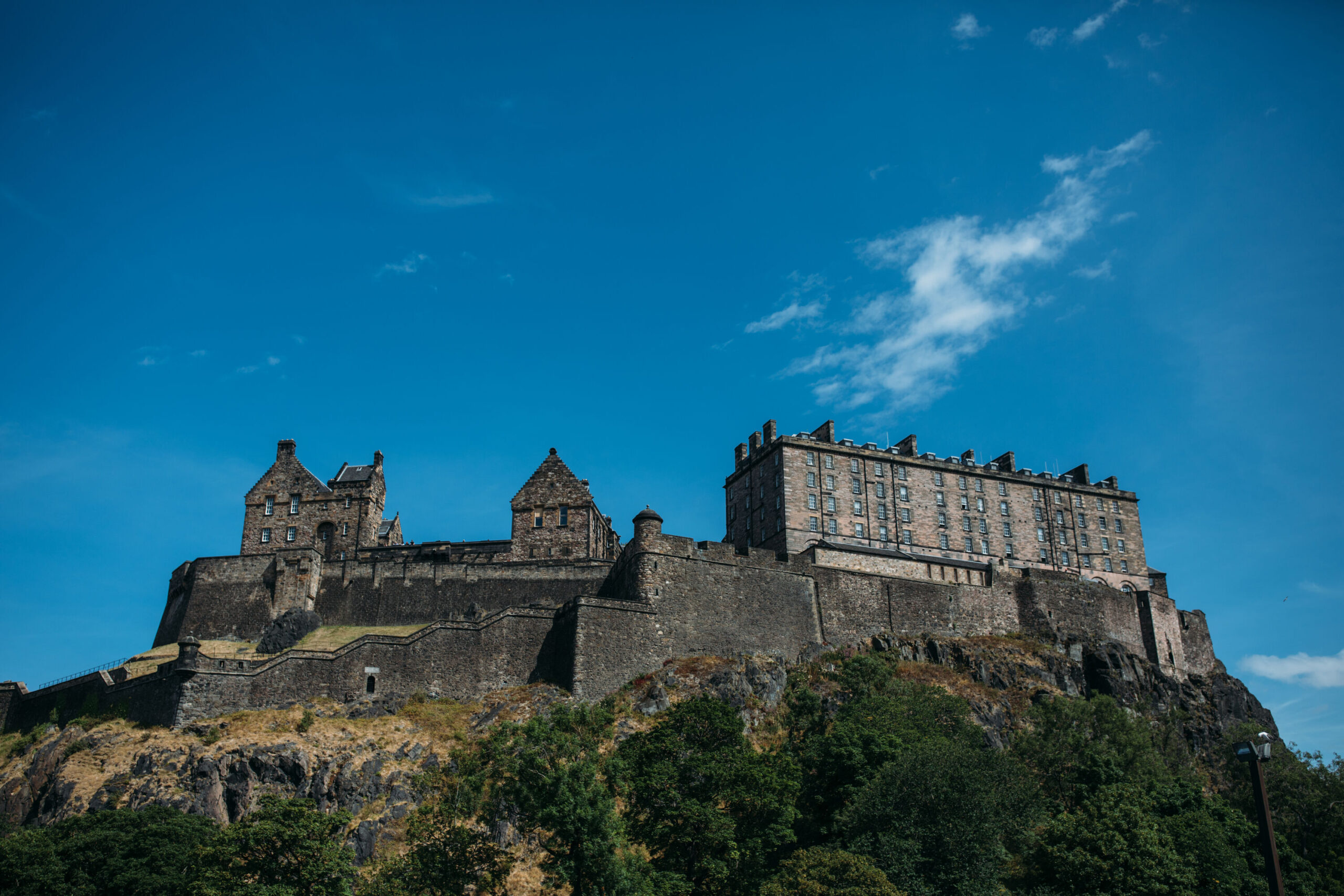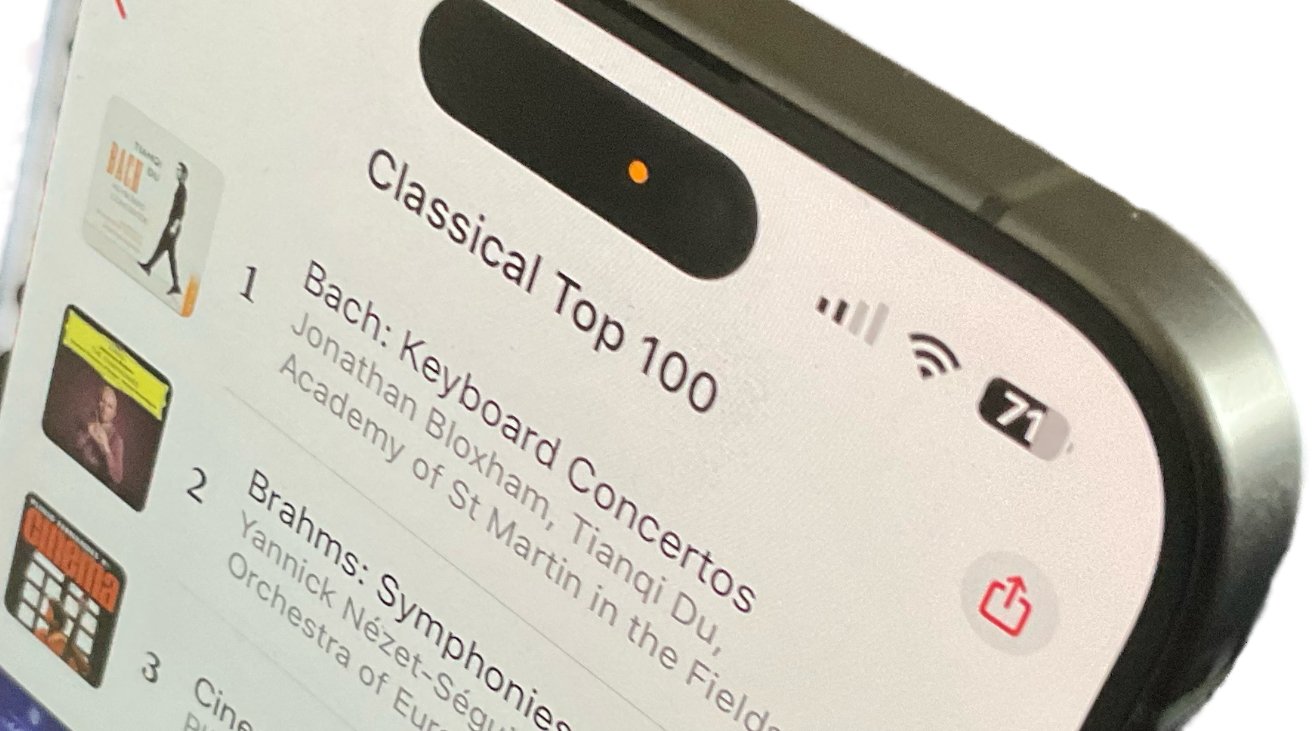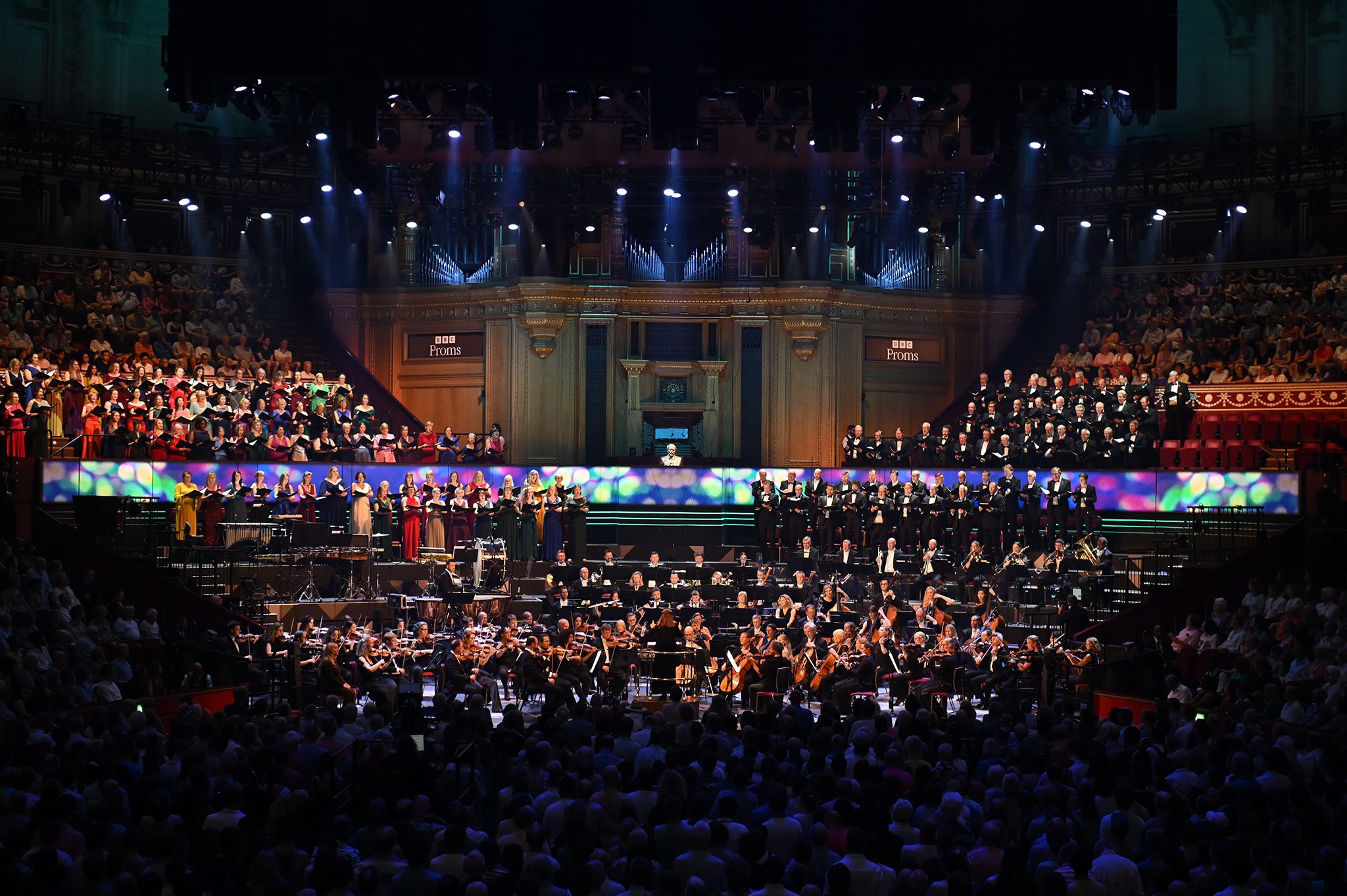The 76th Edinburgh International Festival, runs from August 5 to 25, emphasizes affordable access to a diverse range of music, theatre, and dance.
Edinburgh International Festival artistic director Nicola Benedetti described this year’s Festival programme (5 – 25 August) as a ‘deeper dedication to our audience,’ with, ‘new and reimagined rituals, honour tradition and innovation, to bind us closer together’, pointing to a renewed commitment to affordability for ticket buyers. North of the border, the summer is shaping up nicely, assuming you’ve got the budget to stay there.
There was characteristic spirit and self-assurance in Benedetti’s voice introducing some of the delights on offer at the press launch. A residency from Bamberg Symphony Orchestra and the Philharmonia feature, plus appearances from The Halle, Scottish Chamber Orchestra, RSNO, BBC Scottish Symphony, and European Union Youth Orchestra, with solo appearances from Yuja Wang, Jakub Józef Orliński, Sheku Kanneh-Mason, Dame Sarah Connolly and Ian Bostridge.
There’s a welcome return for the hugely successful Beanbag concerts after last year’s events where audience members sat amongst the players in the Budapest Festival Orchestra to hear works from ‘inside’ the orchestra.,
Contemporary music fans get to see amongst others, Chilly Gonzales, Yousso N’Dour, and Bat for Lashes.

Popular productions including Mozart’s Marriage of Figaro from Berlin Komisches Oper, and Opera Comique and Scottish Chamber Orchestra’s production of Bizet’s Carmen, form part of EIF’s opera strand with Scottish Opera’s production of Stravinsky’s Oedipus Rex at the Museum of Scotland conducted by Stuart Stratford.
There are also concerts spotlighting Celtic music, plus a range of theatre and dance shows including Kidd Pivot’s Assembly Hall, Teatro La Plaza’s production of Hamlet with the stories of Down’s syndrome taking centre stage, and Stef Smith and Vicky Featherstone’s staging of Amy Liptrot’s memoir, The Outrun.
In its 2023 Annual Report, EIF states its commitment to both putting the Festival on a sustainable financial footing and ‘reimagining a distinctive audience experience that results in a deeper culture of listening and understanding – highest quality art for the broadcast possible audience,’
Tickets come with a hefty selection of discounts for arts workers, those on a low wage, and group event discounts, in addition to all the usual member, friend and support benefits (last year’s festival saw 50% of tickets sold at £30 or less). This makes attending events at the Festival surprisingly affordable – attending three Bamberg Symphony concerts, plus chamber music concerts in the morning, RSNO’s Marsalis trumpet concerto with Alison Balsom plus Oedipus Rex would see a total ticket spend including discounts of around £200 – far better value compared to a range of seats for a series of Proms concerts.

Yet the sting in the tail for anyone living outside of a 40-mile catchment area of Edinburgh is the eye-watering accommodation cost. To attend those events would demand staying four nights which even in a budget hotel would set the traveller back £1000 in a budget hotel (this was based on four days of accommodation) or £800 for a room in an Airbnb rental (in 2017 I paid £256 for an Airbnb covering the same period). Travel is the cheapest assuming you’re OK with flying, with a return flight around £80. If you were prepared to stay in Glasgow and do an hour-long train trip each way for £16 return, you’d pay £300 less for accommodation.
Last year’s EIF ticket sales amounted to 22% of the organisation’s annual income, a promising increase on 2022’s 19% suggesting an ever increasingly confident audience is returning to live events, though still not as high as pre-pandemic levels of 28% in 2018. With a drop in public funding from 41% in 2018 to 36% in 2023 and a similarly sized drop in private fundraising, there’ll be greater pressure to up the ticket sales this year. To do that the Festival is looking to its local audience – the one that doesn’t need to fork out for overnight stays – to help build that sustainable financial footing. How successful the Festival is in achieving that given the present economic squeeze remains to be seen.



